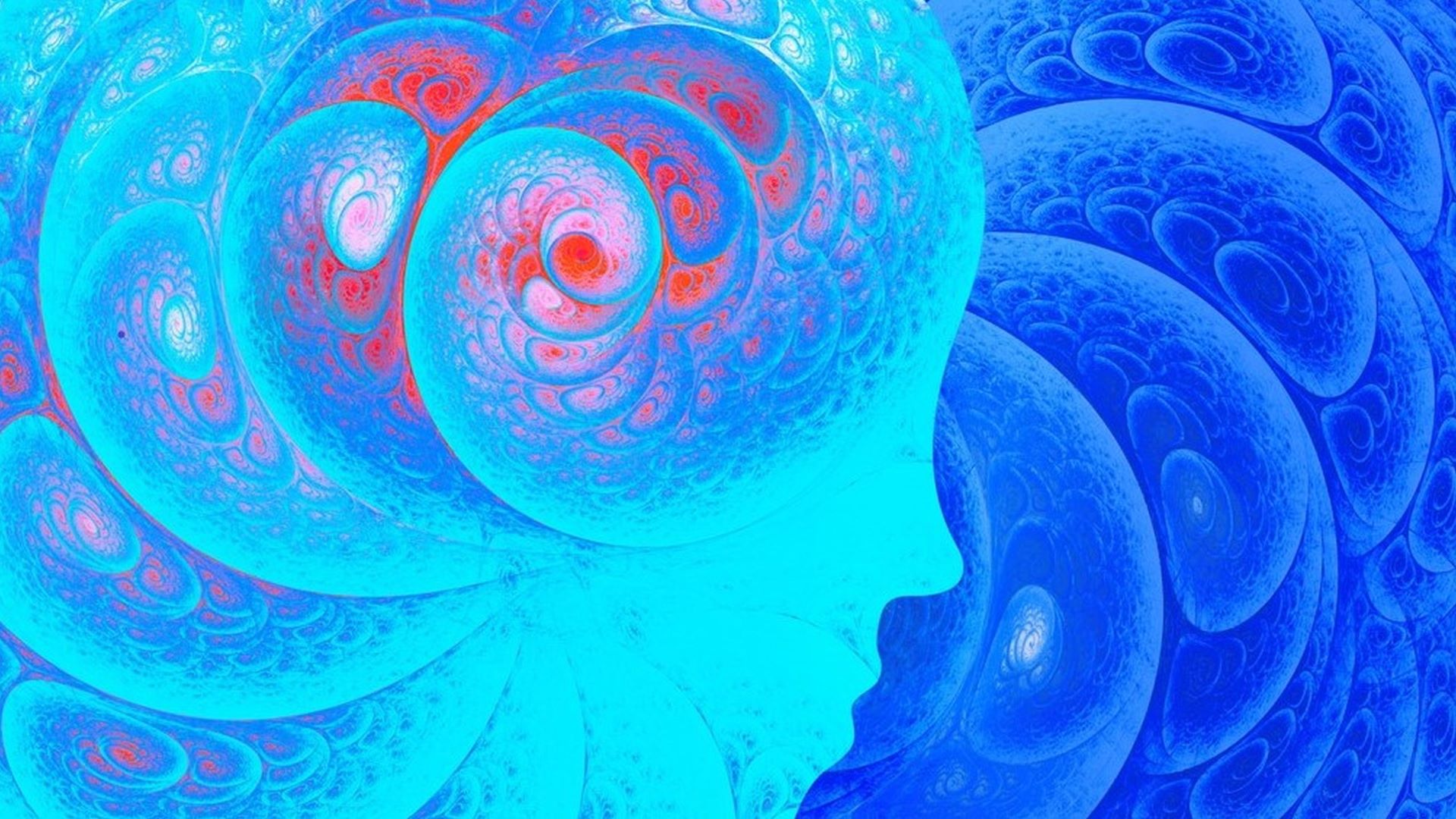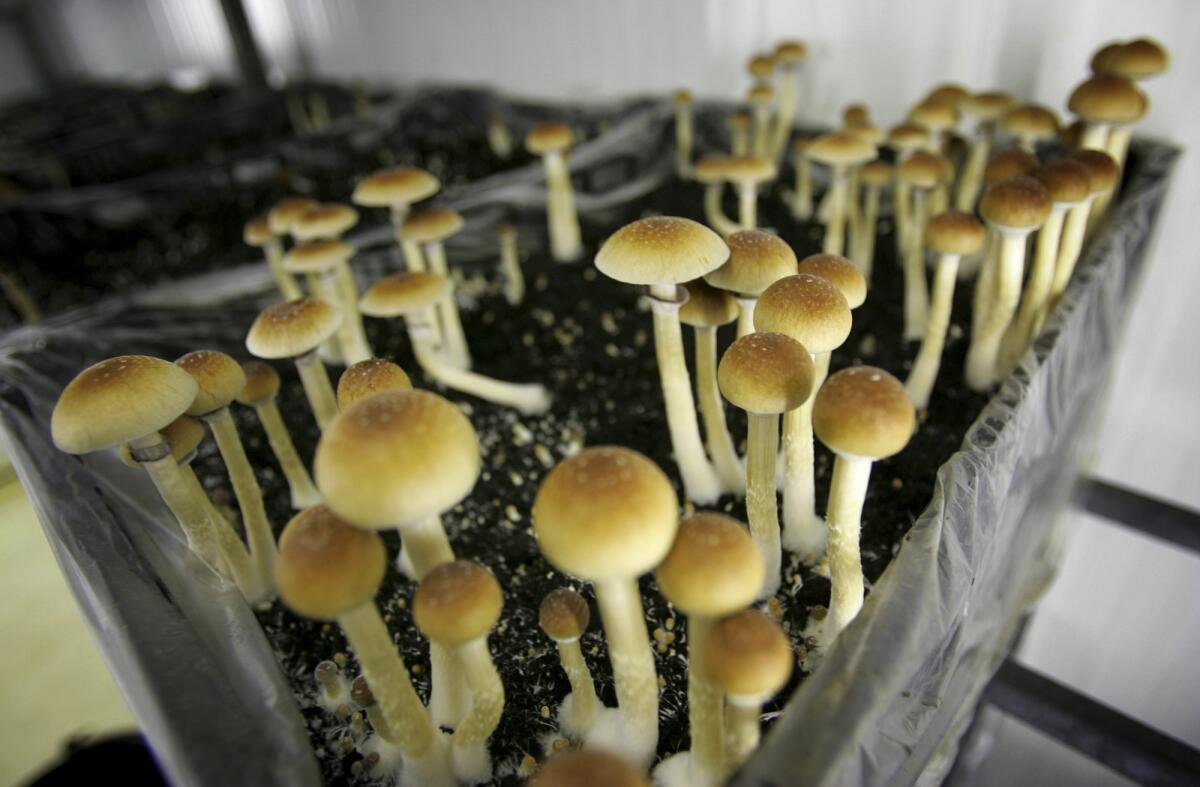Results from a Phase II clinical trial indicate that psilocybin, a hallucinogenic chemical found in certain mushrooms of the genus Psilocybe, may offer benefits to individuals with cancer and major depression.
Participants treated with psilocybin not only reported a reduction in depressive symptoms but also expressed positive views about the therapy at the trial’s conclusion.
The findings are published in two articles available online in Cancer.
Psilocybin interacts with a specific subtype of serotonin receptor in the brain, leading to changes in mood, cognition, and perception.
Currently categorized as a Schedule I drug—designated as having no recognized medical use and a high potential for abuse—psilocybin is not authorized by the US Food and Drug Administration for clinical applications.
Nevertheless, several randomized controlled trials have demonstrated the safety and potential efficacy of psilocybin-assisted therapy, which combines psilocybin with psychological support from trained therapists, in treating major depressive disorder.
Ongoing research is also exploring its application for other mental health conditions such as anxiety, addiction, and post-traumatic stress disorder.
In the latest Phase II open-label trial conducted at Sunstone Therapies in Rockville, Maryland, involving adults with cancer and major depression, 30 participants received a single 25 mg dose of synthesized psilocybin along with a 1:1 therapy session with a therapist and group therapy support.
Lead author Manish Agrawal, MD, of Sunstone Therapies, highlighted the distinctive group approach of the study: “This study was unique in its group methodology.
Groups of three to four patients were concurrently administered 25 mg of psilocybin in adjoining rooms, each with a 1:1 therapist-to-patient ratio.
These groups underwent preparatory sessions before therapy and integration sessions as a group following the psilocybin session.”
Participants initially exhibited moderate to severe depression scores. After eight weeks of treatment, Dr. Agrawal and colleagues observed a significant average drop of 19.1 points in depression severity scores, indicating that most participants were no longer experiencing depression.

Moreover, 80% of participants demonstrated a sustained response to treatment, and 50% achieved complete remission of depressive symptoms within one week, which persisted for eight weeks. Mild treatment-related side effects such as nausea and headache were reported.
“As an oncologist, I’ve long felt frustrated by the inability to provide cancer care that addresses the entire patient, not just the tumor,” noted Dr. Agrawal.
“While this was a small, open-label study and further research is needed, the potential impact is substantial and could significantly benefit millions of cancer patients grappling with the profound psychological effects of the disease.”
Dr. Agrawal also served as senior author on a second study led by Yvan Beaussant, MD, MSc, of Dana-Farber Cancer Institute, which gathered feedback from trial participants through exit interviews.
Participants generally reported positive experiences. They noted that participating in a group setting helped alleviate their anxieties and better prepared them to engage in therapy.
In terms of therapeutic effectiveness, participants felt that the group dynamic enhanced their experience, fostering self-transcendence and compassion for one another.
The combination of individual and group sessions was seen as enhancing the therapeutic process, providing both introspective depth and a sense of communal support.
“As a hematologist and palliative care physician and researcher, it was incredibly moving and encouraging to witness the substantial improvements and profound healing journey experienced by participants in the trial,” remarked Dr. Beaussant.
“Participants overwhelmingly expressed positive sentiments about their experience with psilocybin-assisted therapy, underscoring the importance of the supportive and structured environment in which it was conducted.”
“Many described enduring transformative effects on their lives and well-being more than two months after receiving psilocybin, feeling better equipped to cope with cancer and, for some, the end of life.”
Before this intervention can be integrated into clinical practice, further studies are necessary involving larger participant groups, including a control arm for comparative purposes against other treatments or placebos.
